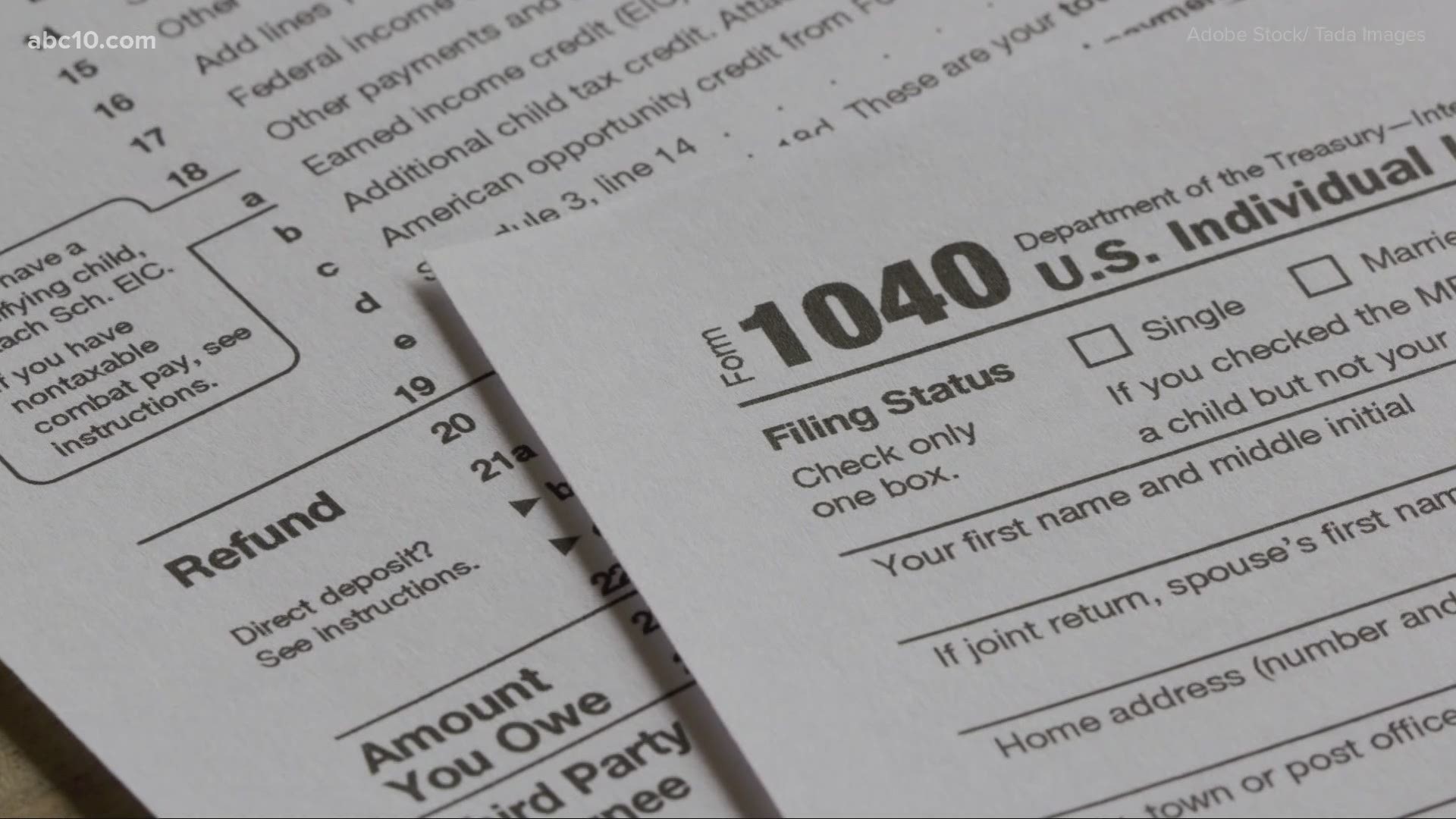CALIFORNIA, USA — Immigrant families in the state of California can once again access vital health and economic supports, such as CalFresh and Medi-Cal, without impacting their current immigration status.
A federal policy that forced millions of immigrants and their families across the U.S. to forego these benefits programs was successfully blocked on March 9, paving the way for increased access to CalFresh and Medi-Cal in California and dozens of other programs in U.S. states.
CalFresh is a nutritional assistance program that allows households with at least one eligible person to get monthly electronic financial assistance for food. Undocumented immigrants are not eligible for CalFresh, but mixed immigration status families can still apply to receive benefits for those who do qualify.
A household can get CalFresh if at least one person:
- Has citizenship
- Has a green card
- Has refugee status, asylum, or parolee status
- Has, or is applying for, a U-Visa or T-Visa
- Is an applicant for VAWA (Violence Against Women Act) relief
- Is a Cuban or Haitian entrant
An individual does not qualify for CalFresh if:
- They are here on a student, work, or tourist visa
- They are here under DACA
- They are here under TPS, unless you meet the other qualifying factors
- They are undocumented
Medi-Cal provides healthcare services for lower-income individuals and families. Covered California does not cover some immigration statuses, but those people may qualify for coverage through Medi-Cal up to age 19 or for pregnancy coverage.
A household can be eligible Medi-Cal if they have low income and are:
- U.S. citizens
- Lawful permanent residents
- PRUCOL Immigrants
- On a "T-Visa"
- DACA individuals
- An undocumented child
These local and state-wide support systems were difficult for immigrants and their families to access due to a 2019 public charge rule which could effectively deny a person a green card, visa, or admission into the U.S. based on how likely they would be to use public cash assistance or other government assistance programs, according to a press release from Attorney General Xavier Becerra in December 2020.
Becerra filed a lawsuit challenging the rule after it was pushed through by the Trump Administration in 2019, and was joined in the case by the attorneys general of Maine, Oregon, Pennsylvania, and the District of Columbia. In December 2020, California's Supreme Court effectively blocked enforcement of the public charge, and on March 9, 2021, the U.S. Department of Justice dropped all remaining legal defense.
“The 2019 public charge rule was not in keeping with our nation’s values. It penalized those who access health benefits and other government services available to them,” said Secretary of Homeland Security Alejandro N. Mayorkas in a press release. “Consistent with the President’s vision, we will continue to implement reforms that improve our legal immigration system.”

